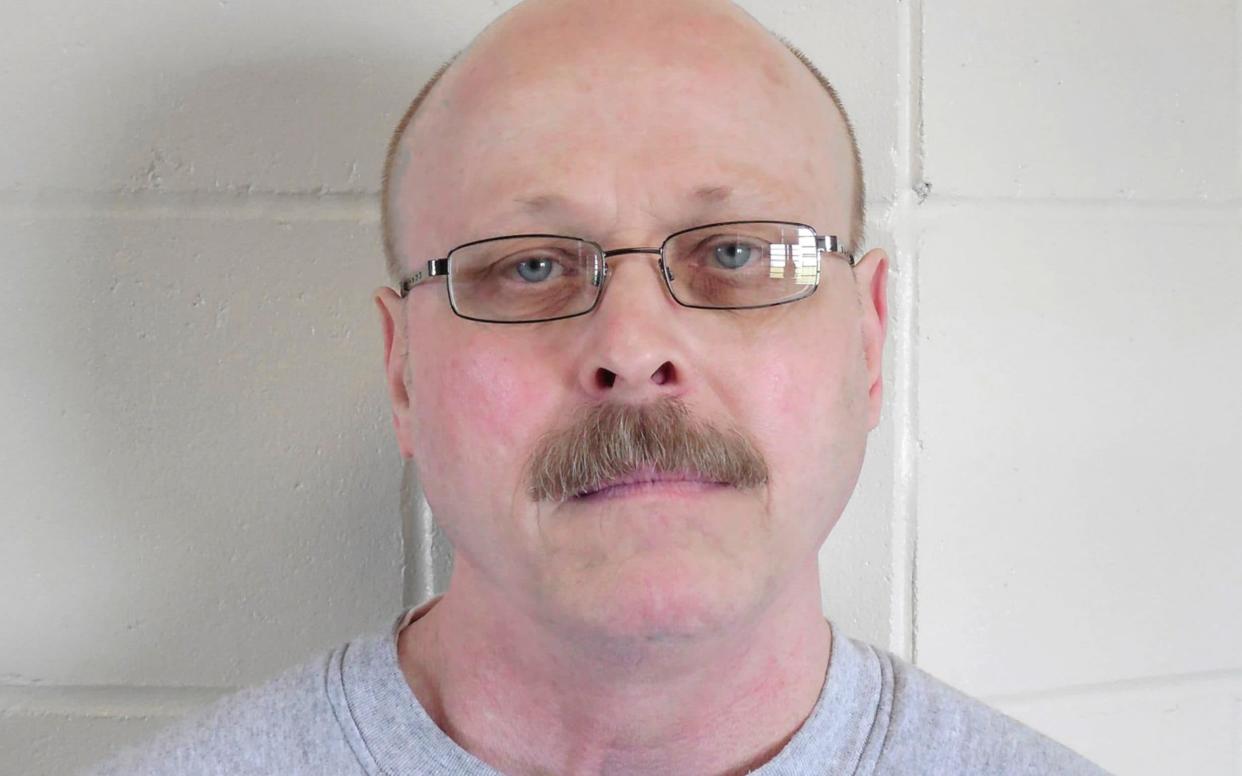Judge clears way for America's first execution using fentanyl

A judge on Friday refused to block Nebraska from carrying out the state's first-ever lethal injection despite a pharmaceutical company's claims that the state illicitly obtained its drugs, clearing the way for the country's first execution with fentanyl.
US District Judge Richard Kopf denied the company's request to temporarily block state prison officials from executing Carey Dean Moore, one of the nation's longest-serving death row inmates. Moore is scheduled to die on Tuesday in Nebraska's first execution since 1997 with a never-before-tried combination of drugs.
Moore, who was convicted of killing two cab drivers five days apart in 1979, has stopped fighting the state's efforts to execute him.
Mr Kopf said granting the drug company's request would "frustrate the will of the people," referring to the 61 percent of Nebraska voters who chose to reinstate capital punishment in 2016 after lawmakers abolished it.
"I will not allow the plaintiff to frustrate the wishes of Mr Moore and the laws of the state of Nebraska," he said during the hearing.
At a glance | Fentanyl
Attorneys for the drug company, Fresenius Kabi, filed a lawsuit earlier this week arguing that state officials improperly obtained at least one of the company's drugs. Attorney Mark Christensen said the company planned to file an immediate appeal of Friday's ruling.
In Nevada, a judge indefinitely postponed an execution last month after drugmaker Alvogen filed a similar lawsuit over one of its products.
Moore is scheduled to be executed with a combination of four drugs: the sedative diazepam, commonly known as Valium, to render him unconscious; fentanyl citrate, a powerful synthetic opioid, which would help render him unconscious; cisatracurium besylate to induce paralysis and halt his breathing; and potassium chloride to stop his heart.
US death penalty by state
Fentanyl is among the drugs that have fuelled America's opioid epidemic. Prince died after accidentally overdosing on the painkiller.
Pharmaceutical companies have become increasingly intent on preventing their life-saving or pain relieving products being tainted with use in executions. Campaigners against capital punishment believe it has left American states with a finite supply of lethal chemicals.
Fresenius Kabi argues that it manufactured the state's supply of potassium chloride and possibly the cisatracurium.
Nebraska state officials have refused to identify the source of their execution drugs, but Fresenius Kabi alleges the state's supply of potassium chloride is stored in 30 millilitre bottles. Fresenius Kabi said it's the only company that packages the drug in vials of that size.
Fresenius Kabi said Nebraska's use of its drugs would damage its reputation and business relationships. The company said it takes no position on capital punishment, but strongly opposes the use of its products for use in executions.
No other public evidence has surfaced to confirm the supplier's identity. A state judge in Nebraska ordered prison officials in June to release documents that might reveal the source of the drugs, but the state has appealed that ruling.
State attorneys deny Fresenius Kabi's allegation that prison officials obtained the drugs illicitly.

